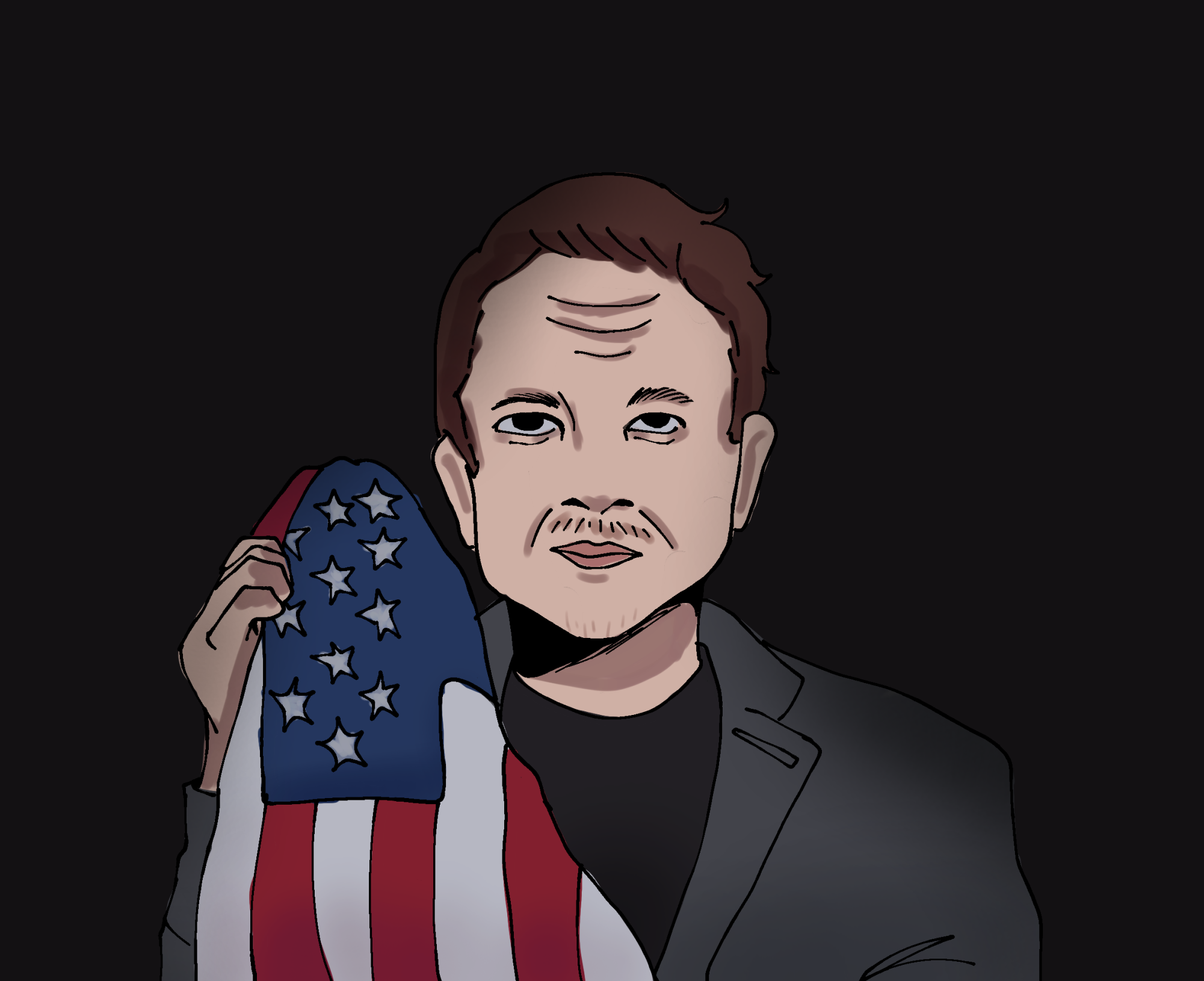
He has positioned himself in an unprecedented political context, upending the presidential election in its remaining weeks as he promotes right-wing conspiracy theories about the Democratic Party and its candidate, Vice President Kamala Harris.
With the frantic energy he has displayed at his companies, Elon Musk has shown an unwavering commitment to former President Donald Trump, in a dramatic development that raised implications about national security and concerns regarding the legality of his efforts.
Earlier this month, Trump returned to the stage in Butler, Pa., where a would-be assassin attempted to kill him in July, in search of a redo. In Salvation, the world’s richest man appeared alongside Trump, jumping for joy as he promoted the former president’s dark and apocalyptic worldview.
“President Trump must win to preserve the Constitution,” he said, telling the audience that if Harris wins, “This will be the last election.” In a later interview with Tucker Carlson, the former Fox News host, he joked that he would be imprisoned for “trashing Kamala nonstop.”
And he has questioned why there have not been any assassination attempts on President Biden or Harris, drawing condemnation from the White House. “Violence should only be condemned, never encouraged or joked about,” Andrew Bates, a Biden administration spokesman, said.
Musk again litigated those sentiments at a town hall event in Lancaster, Pa., telling a largely unamused audience, “Nobody even bothers to try to kill Kamala. It’s pointless. Why? They’ll just get another puppet.”
He has relentlessly praised Trump and demeaned Harris to his 202 million followers on X, where he promotes ominous rhetoric about a potential Democratic presidency. Yet he expressed a near-certainty of an imminent “crushing victory” former president that established a narrative of electoral fraud if Trump lost.
Musk, who does not believe in traditional campaign strategies such as television advertising, devoted much of his attention in recent weeks to ensuring Trump triumphs on Election Day through in-person events. He has established his base of operations in Pennsylvania, where he held a town hall event earlier this month.
That maneuvering appeared to pay off on Wednesday when Trump was elected the 47th president as voters expressed fears of inflation and illegal immigration. The former president will return to Washington with several influential allies, a dynamic cast of characters that includes Musk and Robert F. Kennedy Jr., a vaccine skeptic who will assume a prominent health role in the second Trump administration.
To expand voter outreach, Trump’s advisers turned to America PAC, the pro-Trump super PAC founded by Musk. The billionaire invested nearly $120 million into the organization to encourage hundreds of thousands of voters to vote for the former president.
The Trump campaign, in tacit approval of Musk’s ambitious project, primarily outsourced its ground operations to America PAC. A decision by the Federal Election Commission earlier this year allows campaigns to coordinate canvassing efforts with groups such as super PACs.
“My America PAC massively improved the Republican ground game in the swing states,” Musk told Carlson at Mar-a-Lago, Trump’s residence and private club where he held an Election Day event, attributing himself to the former and now future president’s astounding political comeback.
The extent of Musk’s contributions is difficult to discern, but his efforts may empower other wealthy donors to influence politics. “America PAC is going to keep going after this election,” Musk said during an X Spaces event, all but ensuring that he would continue to tip the scales in other elections.
Seeking government contracts and federal assistance for Tesla and SpaceX, Musk forged a critical alliance with President Barack Obama, as the broader tech industry cultivated a stronger relationship with the Democratic Party. But he remained distant from politics, occasionally offering brief criticisms of Trump.
“He doesn’t seem to have the sort of character that reflects well on the United States,” Musk told CNBC days before the 2016 election. “I don’t think this is the finest moment in our democracy.”
That changed with the arrival of the pandemic when Musk became a noted critic of coronavirus restrictions that halted Tesla’s manufacturing in California, defying local regulations and threatening to sue Alameda County as he erroneously predicted that there would be no new virus cases by April 2020.
As corporate America embraced the Black Lives Matter movement, Musk spoke disdainfully of the dissentious “woke mind virus” and political correctness, a commonality between the billionaire and Trump, who mobilized the federal government to ban “divisive” racial and gender diversity training.
Yet Musk’s politics remained elusive as he continued to support Democratic senators, according to the Federal Election Commission. “I’m socially very liberal. And then economically right of center, maybe, or center. I don’t know. I’m obviously not a communist,” Musk said in an interview in 2020.
Trump has long courted business leaders as part of his corporate strategy. But during his 2016 campaign, he boasted of his relatively immense wealth to argue that he could not be bought and ridiculed GOP lobbyists. “I don’t need anybody’s money,” Trump said after announcing his candidacy. “I’m using my own money.”
The former president, who once vowed to “drain the swamp” in 2016, largely hired executives from Wall Street to lead key economic positions, including Gary Cohn, the former president of Goldman Sachs who served as the director of the National Economic Council, and former Treasury Secretary Steven Mnuchin, the film industry’s prolific financier.
He sought to retain much of that wealth as he faced mounting legal bills, relying on donor funds to his political account. But his PAC, known as Save America, dwindled to just $4 million in cash by June, according to federal election filings.
In March, Musk met with Trump in Palm Beach, Fla., as the former president sought to shore up his finances. In the months following the meeting, Musk donated the legal maximum to Trump’s campaign, though the overwhelming majority of his contributions have come from his super PAC.
The former president has vowed to create a government efficiency commission, a self-described auditing agency that could enact sweeping changes to federal regulations and impose “drastic reforms” to the federal government, led by Musk, who pitched the policy idea to him in a live-streamed conversation on X.
In recent years, Musk has exerted an immense influence on geopolitics, largely from his rocket company, SpaceX, which runs the Starlink internet service. The Ukrainian Army has relied on Starlink for coordinating offensives in several fronts as Russia bombards network infrastructure in the country.
But Starlink’s service in Ukraine was left in uncertainty after SpaceX told the Defense Department in September 2022 that it could not continue its arrangement with the Ukrainian military. The company estimated that it would cost nearly $400 million for the next 12 months, according to CNN.
The Wall Street Journal reported earlier this month that Musk had long-standing ties to President Vladimir Putin of Russia, alleging that Putin asked Musk not to activate Starlink over Taiwan as a favor to China’s leader, Xi Jinping. NASA’s administrator, Bill Nelson, called for an investigation into Musk after the report was published.
“I think it should be investigated,” Nelson said. “If the story is true, then I think that would be concerning, particularly for NASA and the Department of Defense.”
After Trump was elected president, the president-elect spoke with Ukraine’s president, Volodymyr Zelensky, and handed the phone to Musk during the call, Axios reported on Friday. It was unclear what the men discussed, though Trump has promised to swiftly end the conflict, presumably by allowing Russia to retain the territory it has seized since Russia’s invasion began two years ago.
Musk has previously offered a peace plan for Russia and Ukraine that included declaring Crimea, which Moscow illegally annexed in 2014, as Russian territory, leading to condemnation from Ukrainian officials. And he suggested in an interview that Taiwan should cede some of its territory to China, drawing rebukes from Taiwanese politicians.
“Taiwan sells many products, but our freedom and democracy are not for sale,” Bi-khim Hsiao, Taiwan’s diplomat to the United States, said. The country has begun developing its own satellite infrastructure to rival Starlink, in apparent concern over the stability of SpaceX’s internet service in Ukraine.
As part of his business strategy, Musk has appeased right-wing leaders, including President Javier Milei of Argentina. Minutes after Milei was elected in November, he wrote on X, “Prosperity is ahead for Argentina.” He has promoted Milei’s speeches on the platform, introducing the libertarian to a broader conservative audience while he seeks the country’s mineral resources.
“He is extremely interested in lithium,” Milei said in a televised interview in December. The Argentine president, for his part, has pushed for economic reforms that would give tax cuts and customs exemptions to foreign investors. In one of Milei’s first acts as president, he reduced regulations for satellite internet companies, specifically mentioning Starlink.
Your donation will support the student journalists of Verrado High School. Your contribution will allow us to purchase equipment and cover our annual website hosting costs.
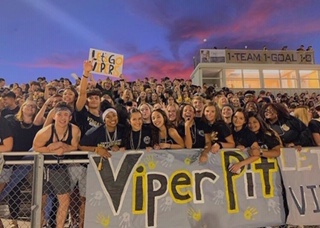
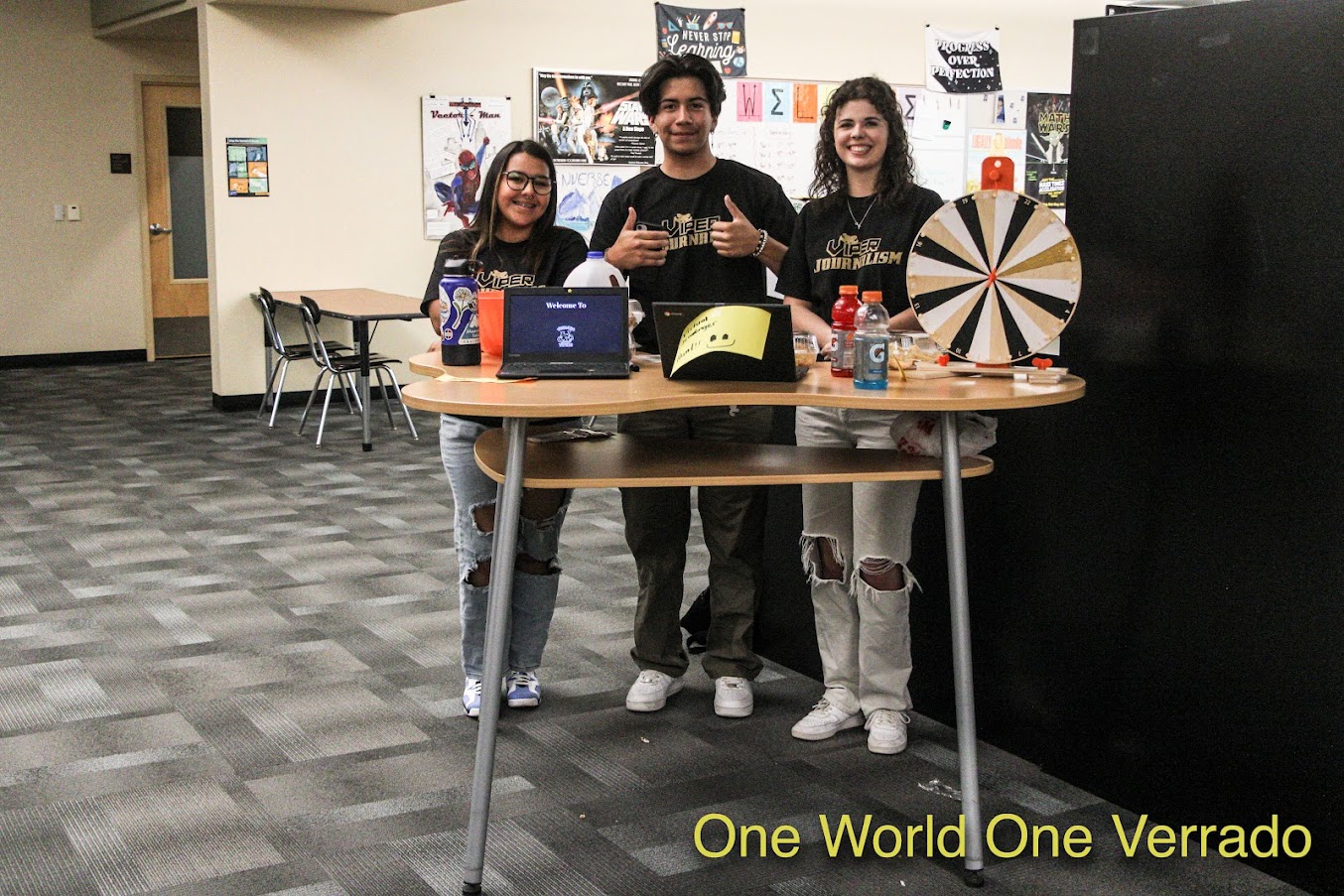
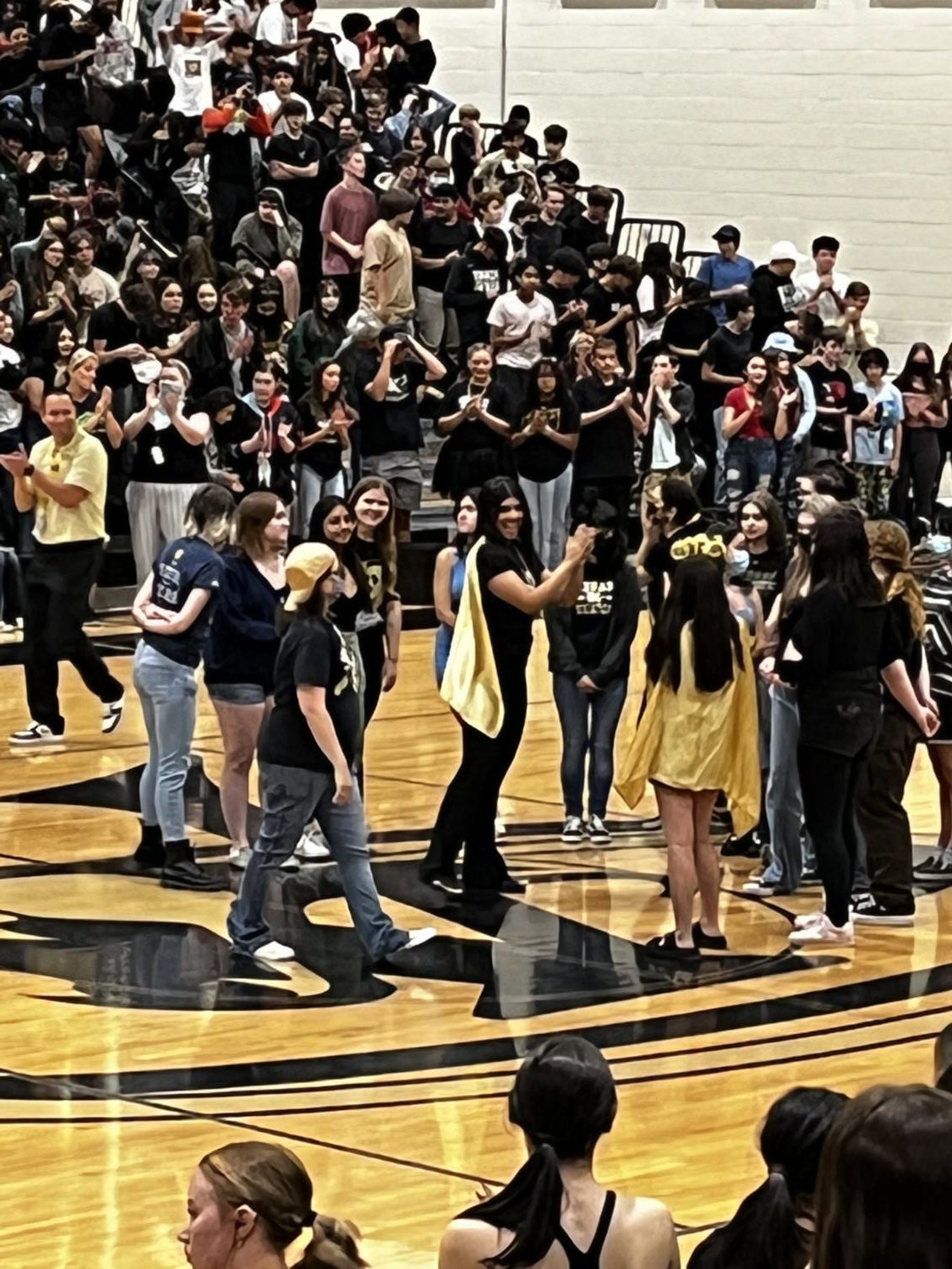



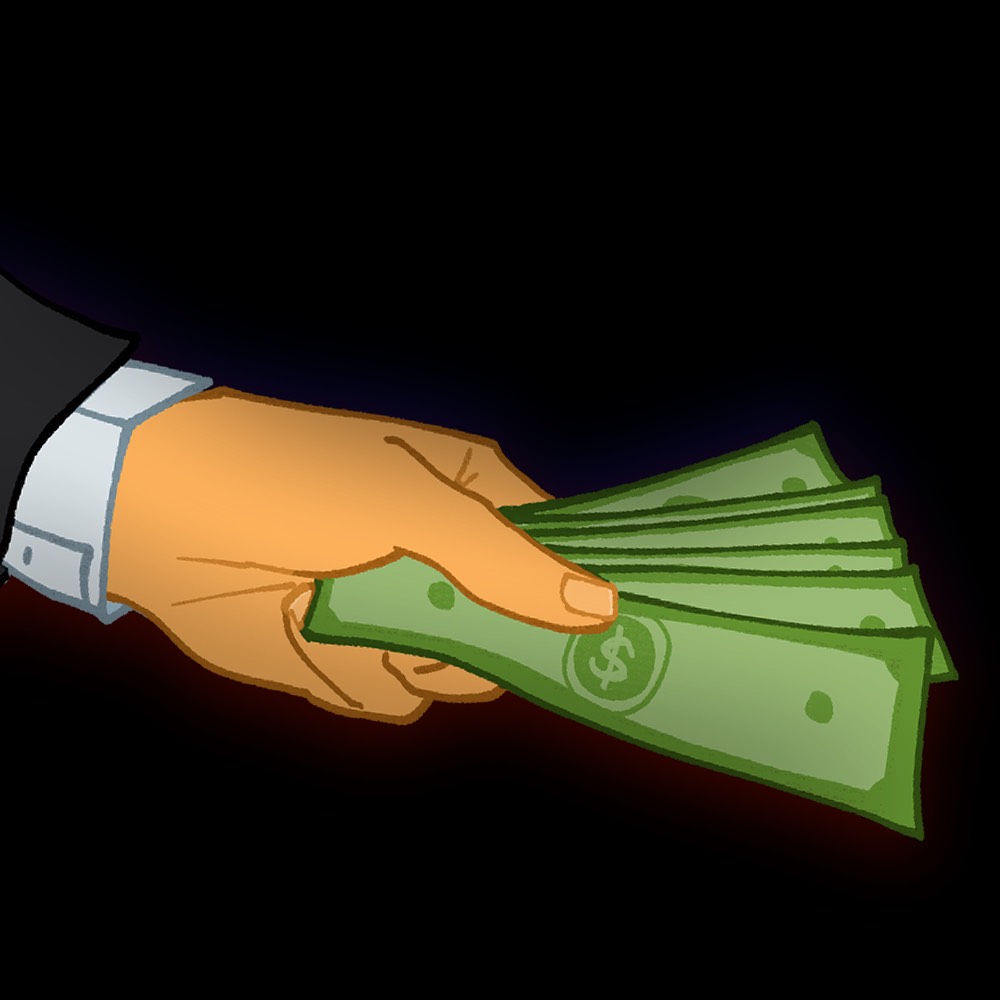
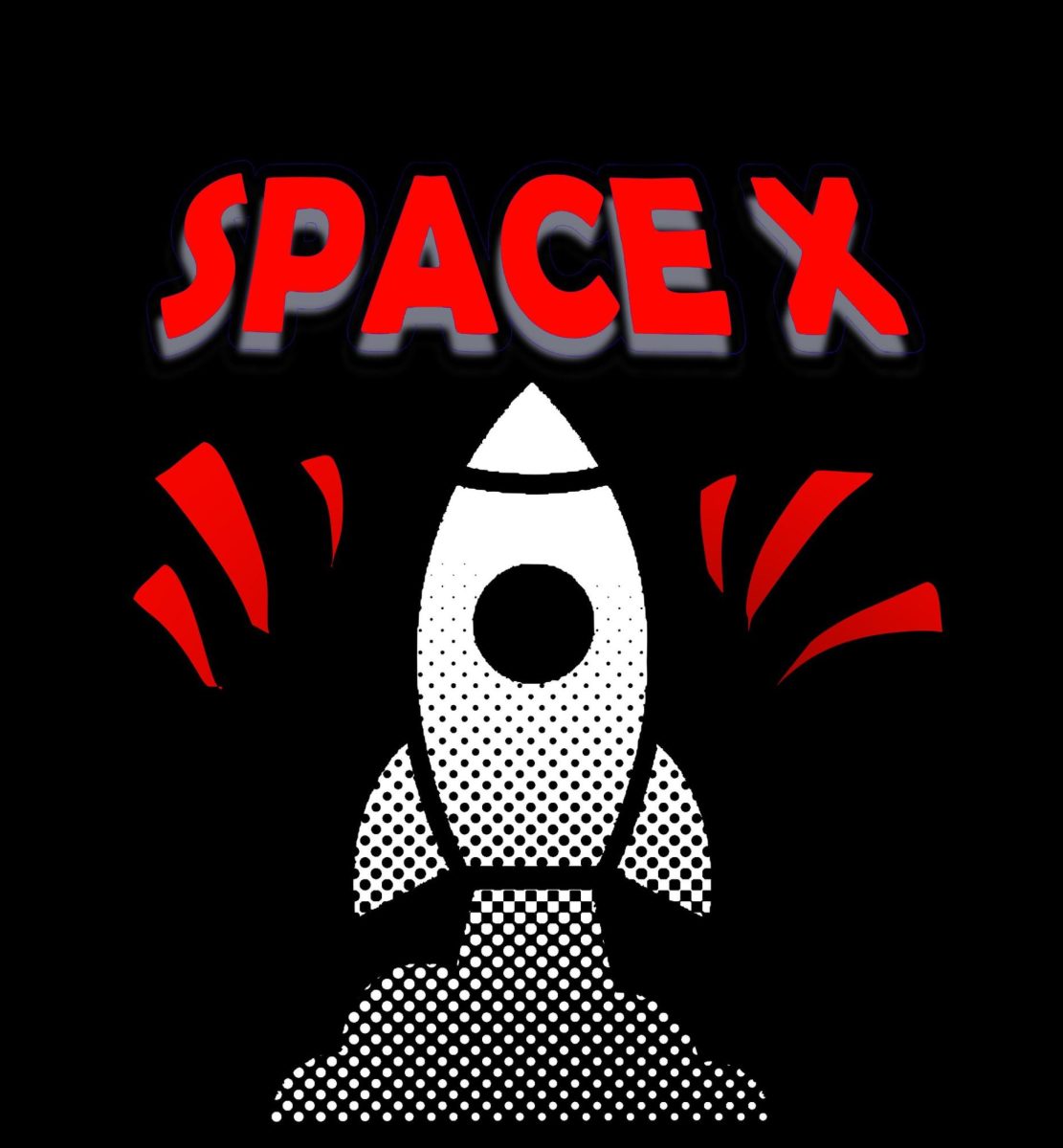
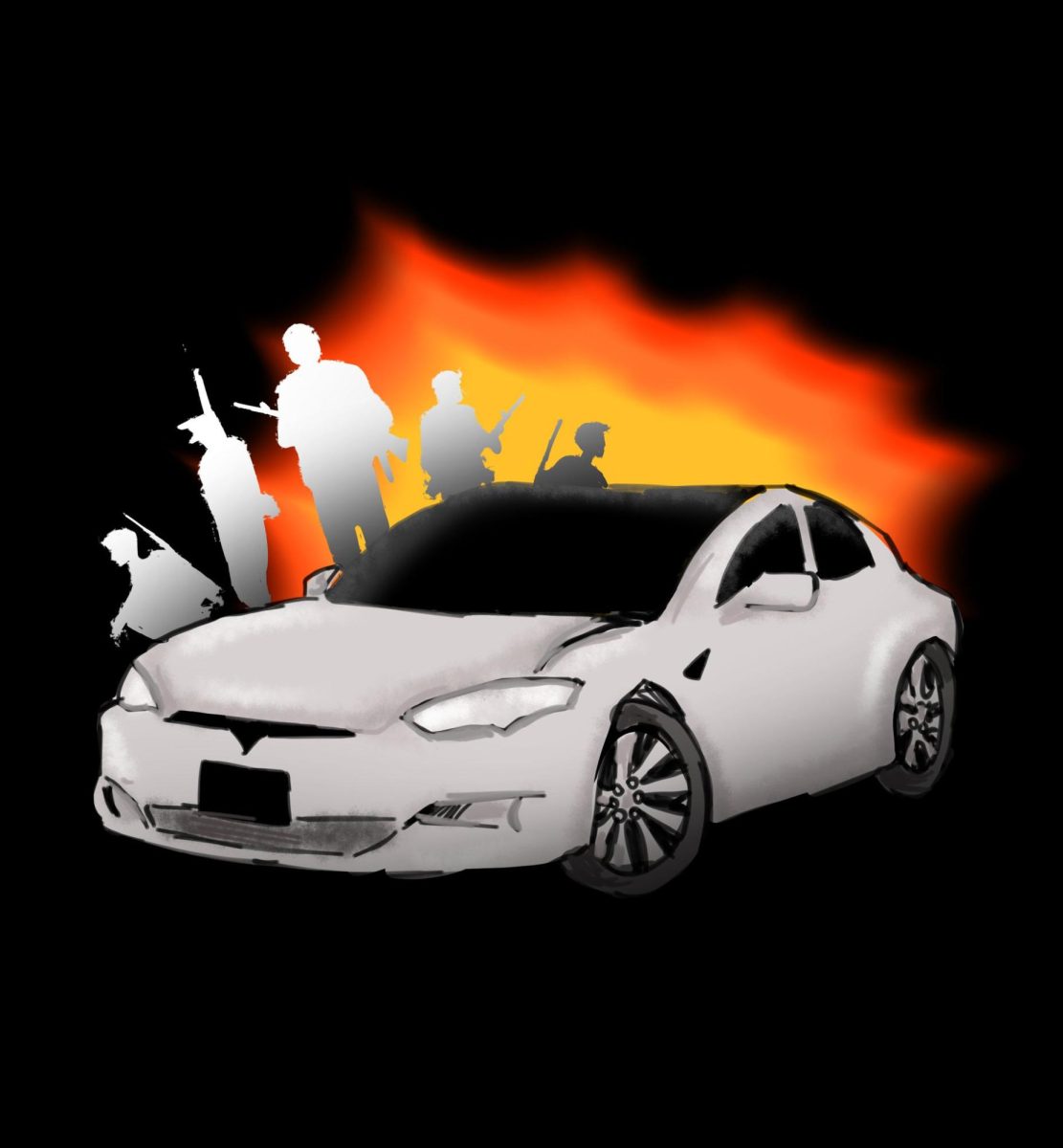


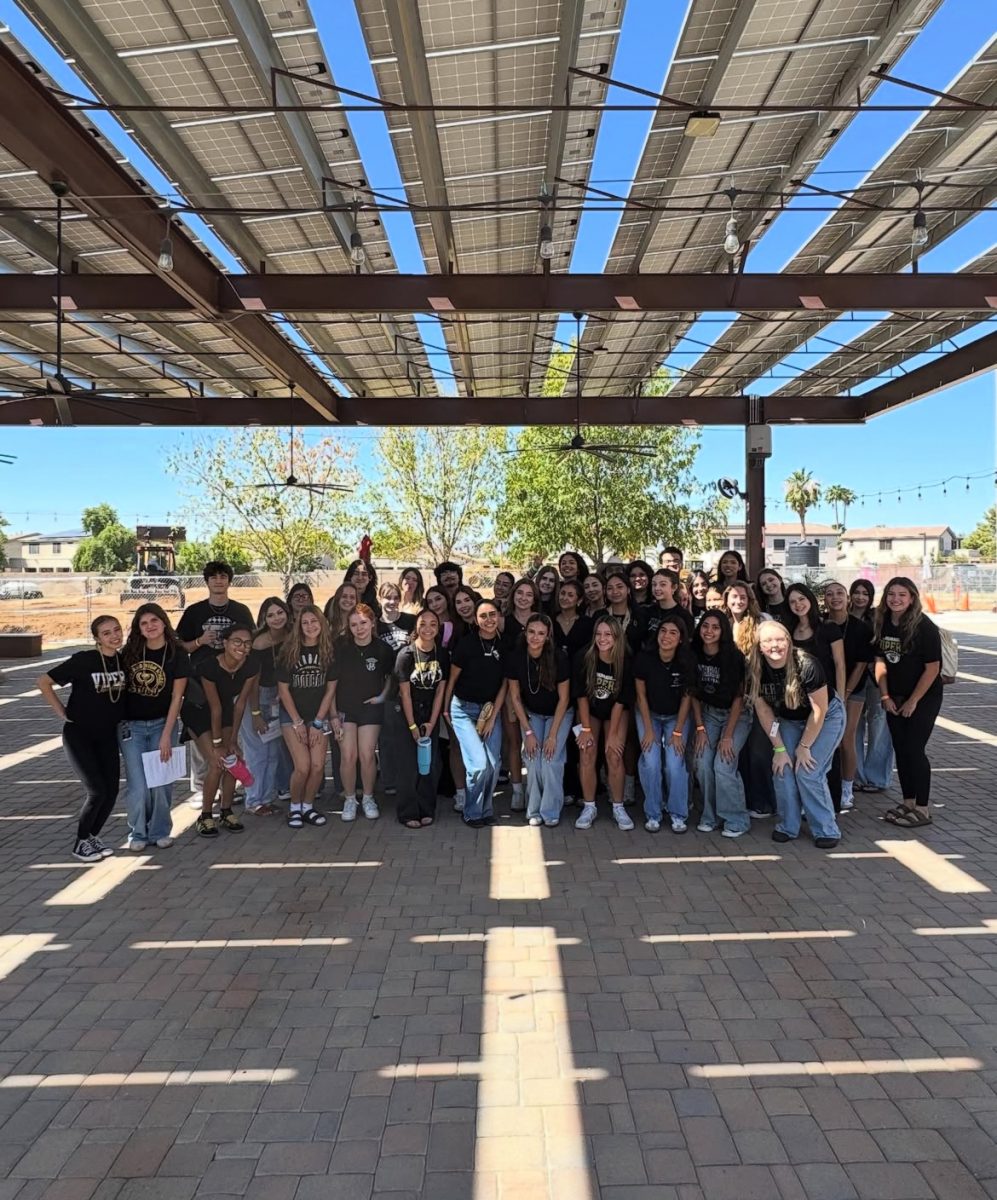



Antonella Suppici • Nov 22, 2024 at 9:11 AM
I heard about this briefly from the news but couldn’t understand much since little context was added. This article was great because it was a lot easier to understand with a lot of information, but it was still much easier to stay informed.
Miguel • Nov 13, 2024 at 10:05 PM
Nice article. Good information.